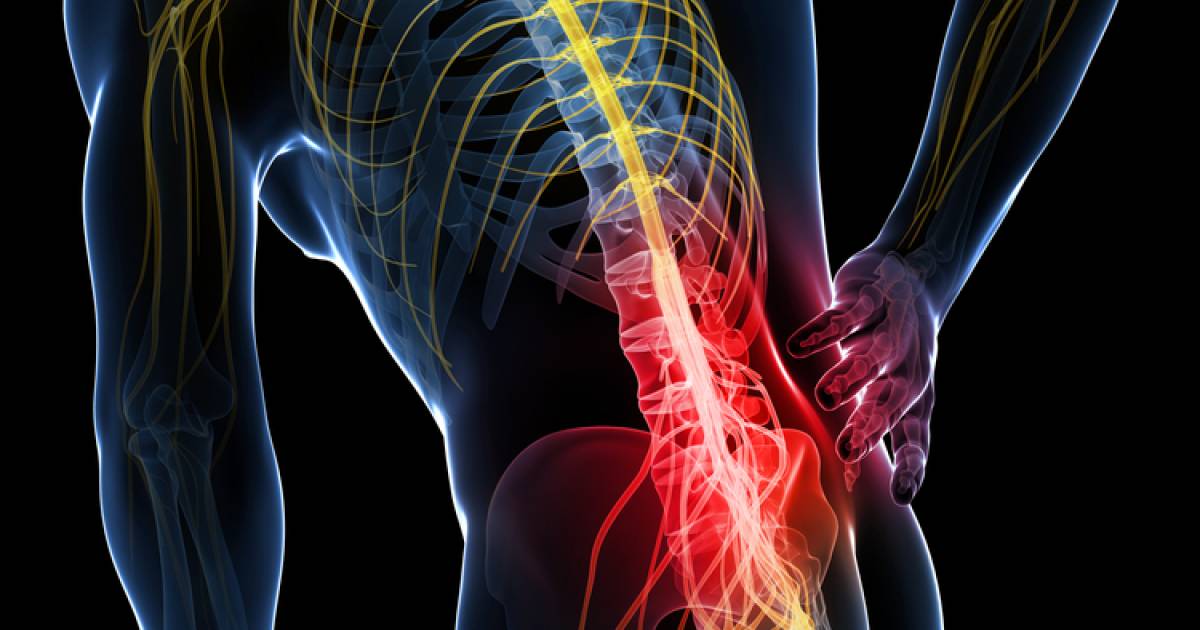Causes Of Cauda Equina Syndrome
Herniation Of Lumbar Intervertebral Discs

Herniation of lumbar intervertebral discs can also cause cauda equina syndrome. A herniated disk, which contains a gel-like substance, is the result of a tear in the outer layer. So when the disk ruptures, the substance leaks out through the tear and into the spinal canal. The substance subjects the spinal nerves to great pressure, causing pain and numbness from the lower back, also known as the lumbar spine, to the feet. It can also affect the thoracic spine (the upper portion of the back), but this seldom happens.
The chances of developing a herniated disk increase as the individual ages. While we get older, the disc begins to dry out, and therefore, lose its flexibility. In addition, a herniated disk could occur as a result of tobacco use, lousy posture, obesity, or having a physically demanding workload. You can prevent a herniated disk through regular exercise, learning how to lift things correctly, and practicing good posture.
Keep reading to learn about more causes of cauda equina syndrome.